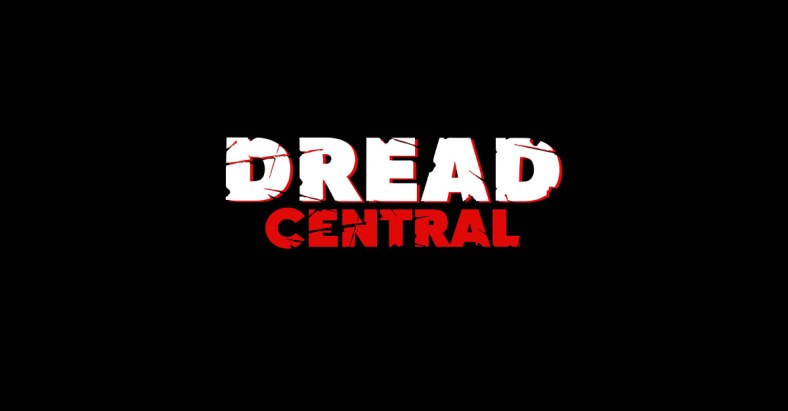Nod (Book)

Published by Titan Books
Set in present day Vancouver, Nod by Adrian Barnes throws us into an apocalyptic world set upon by a global insomniac event. The story is told through the eyes of an author, Paul, an introverted misanthrope, who is one of a precious few “Sleepers”—those who remain unaffected by the mysterious plague of non-sleep.
In the same vein as Stephen King’s Cell, Nod tastes and feels like a zombie novel but is a refreshing step away from the tried-and-true trope. Our “zombies” are actually masses of living, breathing individuals who are desperate in their plight to sleep. After a few days people start to behave erratically; soon after insanity sets in and, after weeks of never-ending wakefulness, death. Anyone who has gone a sleepless night or two can’t help but feel the pain of Barnes’ characters as they face their punishing departure from this life.
In the beginning everyone feels it necessary to uphold the status quo. People go to work, grocery shop, go out to eat… they try to stay busy—in denial about the severity of the situation. As the days tick by and the world begins to realize it may never sleep again, cracks begin to appear. Reactionary measures by the world’s authorities take entire countries off-grid. Once the lights go out, bedlam that was previously an undercurrent rises to the surface.
As Paul tries to keep his Sleeper status a secret, “The Awakened” quickly adorn him with the status of unwitting profit. Words have a special meaning in the land of Nod, and an unfinished manuscript of Paul’s on etymology (the origin of words) takes on a biblical-like status in this post-sleep hell. Desperate and crazed, The Awakened search for meaning. Those who were once shunted to the outskirts of society now rise meteorically to the top to reign upon a throne of dirt. Paranoia and despair set in. Those doomed to sleeplessness will do anything if they think it will ease their suffering,
Paul secretly sinks into slumber every night, chasing the tail of the dragon that is the shared dream of the Sleepers. While he dozes, the world quickly deteriorates and with it his long-time girlfriend, Tanya, the woman he would have married if she believed in it. This is not just a story about the apocalypse, but a tragic love story that bespeaks, in fast-forward, the trials and heartbreak those with loved ones suffering from dementia and Alzheimer’s can relate to.
I have never read anything quite like this book. It’s the perfect blend of heady existentialism and dystopian nightmare. The grand scope of the many ideas and themes, including anti-establishment, anti-consumerism, and the very nature of good and evil, is balanced out by fast-paced events that play on a micro-level. Barnes does a fantastic job of drawing the reader an explicit and disturbing picture without resorting to cheap parlor tricks. Nod is horror born of the unflinching and uncompromising detail that dissects what it means to be human. As such the prose is dense and meaty, like a nice steak.
Usually I’m not a fan of books I have to break out the dictionary for. There is nothing more pretentious and annoying than an author lording obscure words over the reader. However, in this case the over-educated feel to the narration fits perfectly with the personality of our main character and narrator. In an excellent example of form following function, Barnes does a great job of ensuring that Paul’s temperament and his love of words serve the plot well.
Nod is a work of art that has been sculpted nearly to perfection. I wanted to give it five stars, and it pains me not to. Unfortunately there was one thorn in my side I was unable to pick out. As we experience Nod through Paul, he details the unstoppable march toward a sleepless death with an unflinching eye. Every devastation, every horror, every indignity he witnesses is chronicled as the woman he loves and the people of his city deteriorate. His world crumbles around him, and yet, he is able to—nay, must for his own sanity—chronicle the downfall. This is why, when Paul does not delve deeper into his writing for one death, it feels glaringly out of character. Given the monumental significance this demise had to the narrative, I felt it was glossed over. Barnes took an artistic risk when handling the aftermath of this death, but unlike the other risks he took throughout the novel, this one didn’t pan out in the reader’s favor. Without getting into spoilers, I’ll just say I felt this problem warranted the drop of a star.
Aside from that one hitch, I found Barnes’ writing near flawless. I couldn’t close my eyes or rest my head on a pillow without imagining the plight of the characters on the page. It’s rare that I read a book I can’t forget. The layers of this novel are deep and the themes profoundly interesting. I will think of them for years.
On target to the very end, don’t expect things to be tied up in a neat little bow. When I reached the final page of this book, I realized that Barnes ended it the only way that would keep true to the narrative.
To sum things up, I give Nod a solid four stars. It’s perfect for those who will enjoy a “thinking man’s” read rolled into a dark, apocalyptic landscape.
-
Book
Categorized:Reviews


